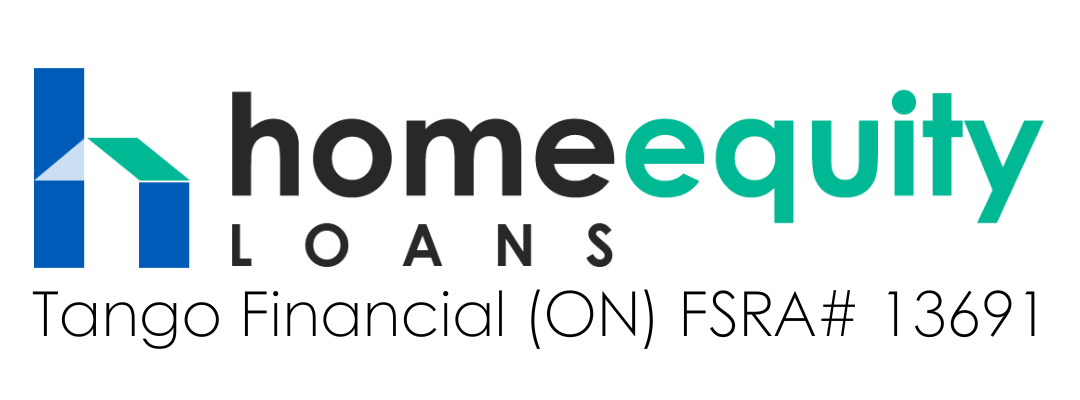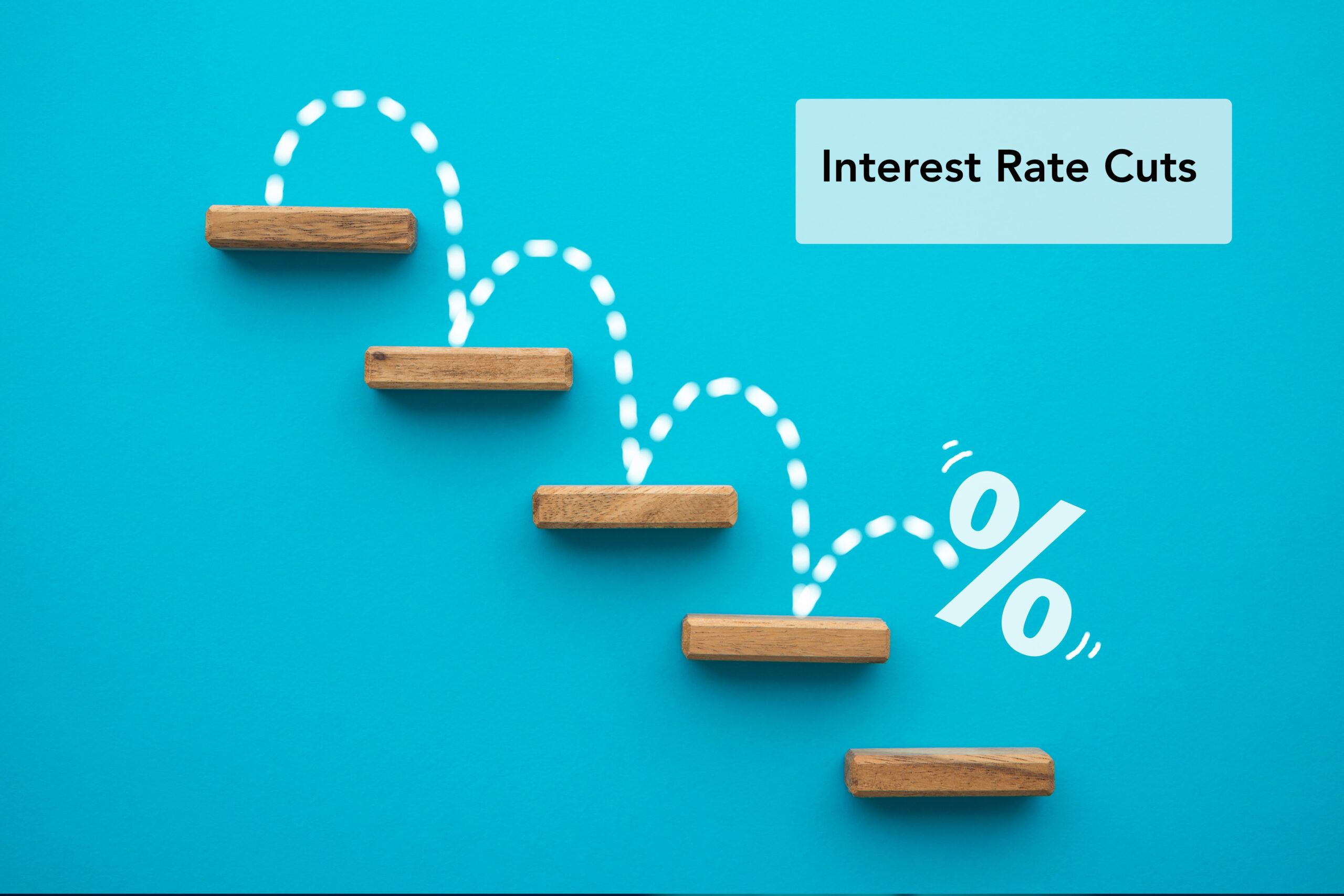Is Your Mortgage Renewal Coming Up? Here’s How to Prepare
As your mortgage renewal approaches, it’s crucial to understand your options and how to prepare for the next steps. Whether you’re eager to secure a better rate, adjust your payment terms, or ensure you’re still on track with your financial goals, this guide will help you navigate the renewal process smoothly.
Understanding Mortgage Renewal in Canada
Mortgage renewal is when your current mortgage term comes to an end, and you either renew it with your existing lender or explore other lenders for better terms. In Canada, mortgage terms typically range from 1 to 5 years, after which you must renew your mortgage for another term if you haven’t paid off the balance.
It’s essential to be proactive about your mortgage renewal because this is your chance to reassess your financial situation and possibly save thousands in interest over the life of your mortgage.
How to Prepare for Your Mortgage Renewal
- Review Your Renewal Notice
Your lender is legally required to send you a mortgage renewal notice at least 21 days before your term ends. However, waiting until the last moment may limit your options. Ideally, you should start preparing for your mortgage renewal around four months before the end of your current term. This gives you enough time to assess your financial well-being, research your options, and potentially negotiate better terms.
Many lenders offer early renewal options without penalties. By starting early, you can take advantage of promotions or secure a lower interest rate before rates increase.
- Evaluate Your Current Mortgage Terms
Before deciding whether to renew with your current lender or shop around, take the time to assess your current mortgage:
- Interest rate: Are you satisfied with your current interest rate? Could you secure a lower rate elsewhere?
- Payment frequency: Does your payment schedule (monthly, bi-weekly, etc.) still align with your budget and financial goals?
- Prepayment options: Are you able to make lump-sum payments to reduce your principal? If not, could another lender offer more flexible prepayment options?
Taking a close look at these factors can help you determine whether to renew your mortgage as-is or explore alternative solutions.
- Check Your Financial Situation
Your financial situation may have changed since you first took out your mortgage. Before renewing, assess your current financial health:
- Income: Has your income increased or decreased? A higher income might allow you to make larger payments, while a decrease could require more flexible terms.
- Debts: Have you accumulated more debt? If so, you may want to explore debt consolidation options through your mortgage renewal.
- Credit score: Has your credit score improved? If you’ve made strides in improving your credit, you may be eligible for better mortgage rates.
Understanding your current financial picture will help you negotiate a renewal that works for your situation.
- Consider Your Future Financial Goals
When renewing your mortgage, think about where you see yourself in the next few years. Are you planning any major life changes, such as moving, renovating, or investing in other properties? Your future goals can influence the type of mortgage term and structure that best suits your needs.
For example:
- If you plan to move within the next few years, you might want a shorter mortgage term to avoid breaking your mortgage early.
- If you’re planning renovations, a home equity loan could help you fund those projects while renewing your mortgage.
- Compare Rates and Lenders
When it comes to mortgage renewal, loyalty to your current lender isn’t always the best financial decision. Shopping around for the best rates and terms could make better savings over the course of your mortgage. Use a renewal mortgage calculator to compare the impact of different rates on your monthly payments and total interest paid.
Key Considerations:
- Interest rates: Even a small difference in interest rates can lead to significant savings. For example, reducing your rate from 3.5% to 3% on a $300,000 mortgage could save you over $8,000 in interest over five years.
- Mortgage features: Look beyond the rate and consider the flexibility of the mortgage terms, such as prepayment privileges and portability.
- Negotiate with Your Current Lender
If you’re satisfied with your current lender, it’s still worth negotiating your mortgage terms. Lenders often provide their existing customers with a renewal offer that isn’t necessarily their best rate. Don’t hesitate to ask for a lower rate or more favorable terms, especially if you’ve done your research and know what other lenders are offering.
Common Mortgage Renewal Options
- Renew with Your Existing Lender
This is the most convenient option for many homeowners. If you’re happy with your current terms, renewing with your existing lender can be a simple and straightforward process.
- Switch to a New Lender
If another lender offers better rates and terms, you can switch lenders at the end of your term without penalty. Many lenders are willing to cover some of the associated costs, such as appraisal and legal fees, to encourage you to switch.
- Refinance for Better Rates
Refinancing means breaking your current mortgage and negotiating a new one, either with your existing lender or a new one. This can help you secure a lower rate, switch to a variable rate, or access home equity for your other financial purposes.
Avoid Costly Mistakes During Your Mortgage Renewal
- Automatically Renewing with Your Current Lender
While sticking with your current lender may seem convenient option, many homeowners don’t realize that their lender’s renewal offer may not be the best rate available. Lenders know that many clients won’t shop around, so they may offer higher rates to those who renew automatically.
Compare rates from different lenders to ensure you’re getting the best deal possible. Use a renewal mortgage calculator to see how different interest rates will impact your monthly payments and total interest over the term.
- Ignoring the Fine Print
Many homeowners focus solely on the interest rate and overlook other important details in their mortgage contract, such as prepayment privileges, penalties for breaking the mortgage early, or portability options. While interest rates are important, make sure you fully understand the terms of your mortgage, especially any fees or penalties.
- Not Taking Advantage of Prepayment Options
Many homeowners miss the opportunity to make extra payments during their mortgage term, which could significantly reduce the overall interest paid.
If you’ve come into extra money, consider using it to make a lump-sum payment before your renewal. Many mortgages allow you to pay off a percentage of the principal each year without penalties.
Final Thoughts: Preparing for a Smooth Mortgage Renewal
Preparing for your mortgage renewal doesn’t have to be stressful. By evaluating your financial situation at early stage, and exploring all your options, can help you to make wise decision that aligns with your goals.
At homeequityloans.ca, we understand that every homeowner’s situation is unique. Whether you’re looking to renew your mortgage or refinance for better rates, our team is here to guide you through the process. Contact us today to discuss your options and learn how we can help you secure a solution that works best for you.






